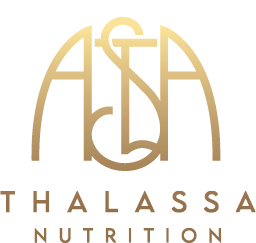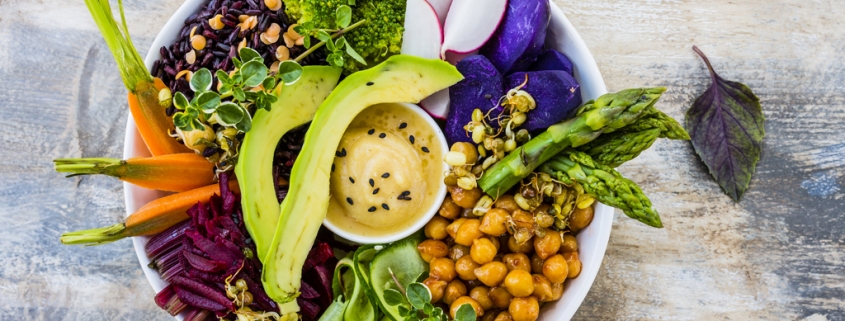what is the alkaline diet
By Alysa Bajenaru, RD
You may have heard celebrities touting the health benefits of an alkaline diet, but what is it and should you be following their lead?
An alkaline diet is typically defined as consuming 80% alkaline-forming foods and 20% acid-forming foods. But if we’re using the words alkaline and acid to define a diet, we first need to talk about pH.
What Is PH and Why Is it Important?
You probably remember from science class that pH measures how acidic or basic a solution is.
- 0-7 is acidic
- 7 is neutral
- 7-14 is basic (alkaline)
When it comes to the human body, there are strict controls in place to make sure the blood pH remains right around 7.4. Anything outside of this tight range is life-threatening. The good news is, no matter what you eat or drink, your body will maintain this delicate balance.
The foods you eat won’t change your pH levels, but they will affect how hard your body has to work to keep that 7.4 level steady. That’s where the alkaline diet comes in.
Are Acidic Foods Like Tomatoes and Citrus Bad for Me?
Just because a food is acidic in nature, doesn’t necessarily mean it forms acid in the body. To find out the acid- or base-forming potential of foods, we actually look at something called the potential renal acid load, or PRAL, a value that measures acid excretion in the urine.
Alkaline Forming Foods
- Fruits
- Vegetables
- Nuts
- Some legumes
Acid Forming Foods
You can find more complete lists and charts online, but you can see that the first step in following a more alkaline diet is to increase your consumption of fruits and vegetables.
If your diet looks more like the second column, your body is working harder to maintain that pH balance by releasing alkalizing minerals such as calcium and magnesium into the blood to buffer the acid. An acid-forming diet is low in these minerals, which means the body must get them from where they are stored in your bones—this may be a risk factor for osteoporosis.
What Are Some Health Benefits of an Alkaline Diet?
Increased fruit and vegetable intake has been linked with lower rates of osteoporosis, cardiovascular disease and other chronic diseases. Combine this with a lower intake of acid-forming foods, and you find even more health benefits like improved muscle retention and cognitive function. One study even showed a decrease in lower back pain when supplementing with alkaline minerals.
The bottom line is that eating more fruits and vegetables is always a good idea, and reducing inflammation and acid-formation in the body has multiple benefits for long-term health.
What Supplements Support Alkalinity in the Body?
Here are three tips to get you started on the path to a more alkaline diet:
- Trade your morning cup of acidic coffee for alkaline green tea or homemade green juice.
- Drink plenty of water throughout the day (try for half your body weight in ounces).
- Fill half your plate with veggies at every meal.
Alkalizing Green Juice Recipe
Ingredients:
- 1 cup water
- 1/4 cup coconut milk
- 1 cup spinach
- 1 small green apple
- 1/2 cup cucumber
- 1 stalk celery
- 1 cup romaine lettuce
- 1 lemon, juiced
- 1 lime, juiced
- 2 tsp. spirulina powder
Instructions:
Blend all ingredients together until smooth. Serve over ice or at room temperature (my favorite).


 yes
yes  no
no
Leave a Reply
Want to join the discussion?Feel free to contribute!